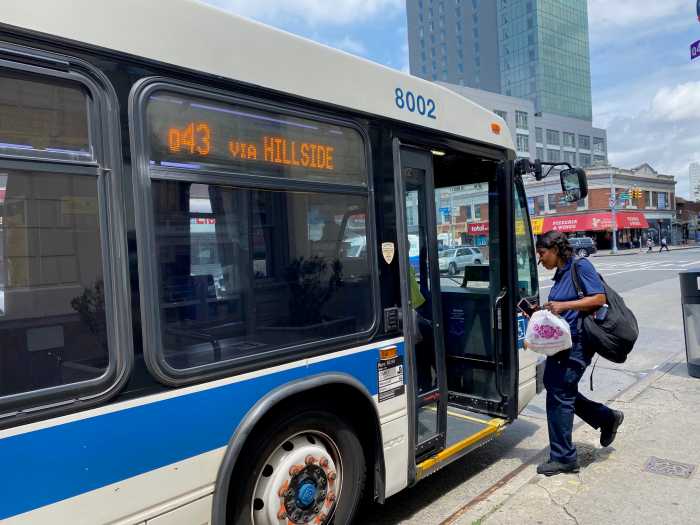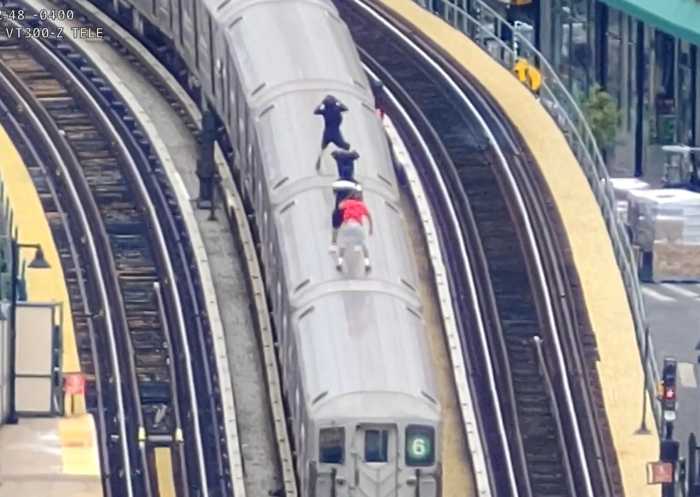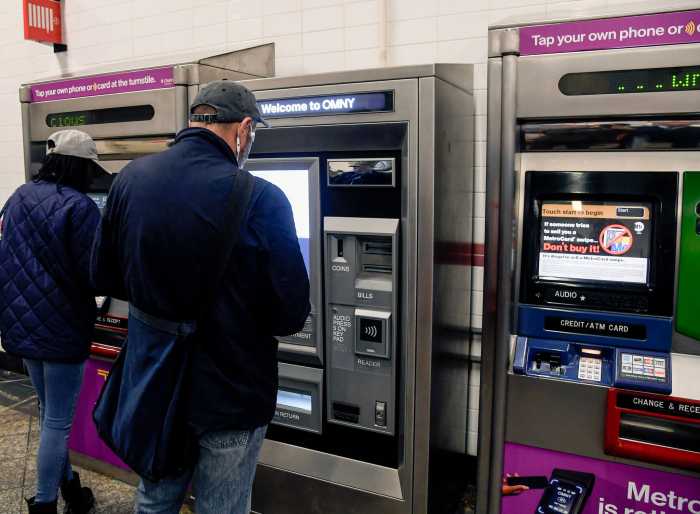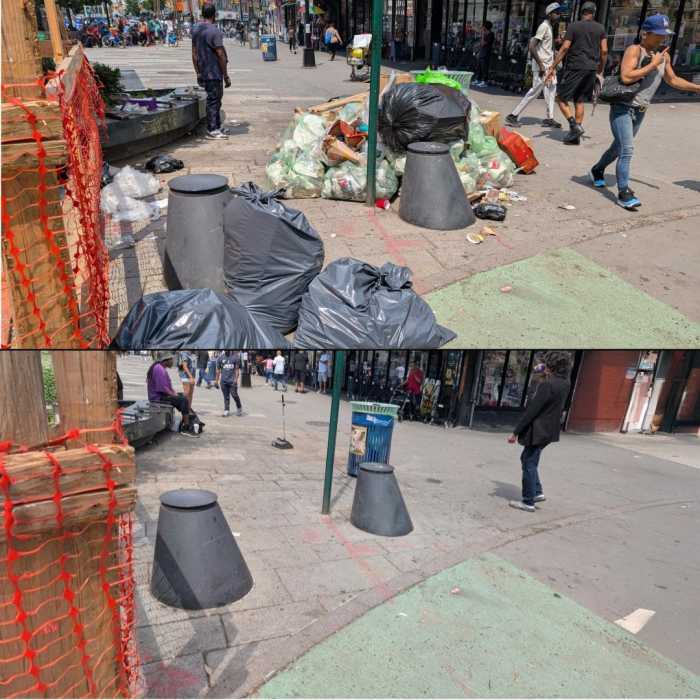The MTA is abusing Gov. Andrew Cuomo’s declared “state of emergency” to push through project funding without proper oversight, board members charged Wednesday.
Several board members lashed out at MTA management when asked to approve a package of contracts worth $30.9 million, doled out to individual contractors without hearing logistical or pricing offers from other companies. The practice could inflate already bloated project costs and diminish quality of the work delivered, they warned.
“What you’re doing is you’re undermining, I think, the most important goal here — and that is to watch the public’s money,” said MTA board member Andrew Saul at Wednesday’s board meeting. “We’re under all this pressure. We’ve got all this debt. And here we go, giving out major contracts without a bidding process, and I can’t see how anybody here could justify this.”
In June 2017, Cuomo signed an executive order declaring a state of emergency for the MTA’s rail and subway system. The move allows the MTA to more quickly and more nimbly get work done by essentially forgoing the oversight of the MTA’s board. While board members agreed with the premise, some feel that the order is being broadly applied to include long-term projects that don’t pertain to emergency work.
One of the contracts in the package Wednesday pertained to bus companies selected to provide emergency service in the event of Long Island Rail Road outages. Another, which the board singled out as especially questionable, was for a $15 million contract to Thales to test out new signal technology that the MTA believes could potentially greatly reduce the time needed to modernize its subway system.
“After a year of that order being in place, I think what you see in these ratifications are really things that are for the long-term maintenance of the system,” said board member James Vitiello, who added that, by MTA logic, it could use the emergency order for nearly every project. “I just don’t see how [the Thales contract] is the response to an acute and imminent emergency that threatens life and property.”
Cuomo’s office deferred comment to the MTA. The emergency order is renewed on a monthly basis and MTA chairman Joseph Lhota couldn’t say when the order would come to a close. Lhota said the projects were directly pertinent to the order, which he said falls under service failures “that pose an imminent threat and have a vast and deleterious effect on the health, the safety and the livelihood” of those in the city.
“We have been in an unstated state of emergency, I think, for probably 25 to 30 years. We finally now are zooming up to be able to deal with the problem,” said Lhota, who did pledge to work with members to better discuss specific approvals falling under the order.
But that didn’t help an exasperated MTA board member, Carl Weisbrod, feel that board meetings were anything more than an exercise in futility.
“If what we are doing has no meaning,” he said, “I’m not quite sure why we’re doing it.”
Shortly after Wiesbrod’s comments, the $30.9 million in projects were approved by the full board, anyway.





























